Field Crops
en Español / em Português
El inglés es el idioma de control de esta página. En la medida en que haya algún conflicto entre la traducción al inglés y la traducción, el inglés prevalece.
Al hacer clic en el enlace de traducción se activa un servicio de traducción gratuito para convertir la página al español. Al igual que con cualquier traducción por Internet, la conversión no es sensible al contexto y puede que no traduzca el texto en su significado original. NC State Extension no garantiza la exactitud del texto traducido. Por favor, tenga en cuenta que algunas aplicaciones y/o servicios pueden no funcionar como se espera cuando se traducen.
Português
Inglês é o idioma de controle desta página. Na medida que haja algum conflito entre o texto original em Inglês e a tradução, o Inglês prevalece.
Ao clicar no link de tradução, um serviço gratuito de tradução será ativado para converter a página para o Português. Como em qualquer tradução pela internet, a conversão não é sensivel ao contexto e pode não ocorrer a tradução para o significado orginal. O serviço de Extensão da Carolina do Norte (NC State Extension) não garante a exatidão do texto traduzido. Por favor, observe que algumas funções ou serviços podem não funcionar como esperado após a tradução.
English
English is the controlling language of this page. To the extent there is any conflict between the English text and the translation, English controls.
Clicking on the translation link activates a free translation service to convert the page to Spanish. As with any Internet translation, the conversion is not context-sensitive and may not translate the text to its original meaning. NC State Extension does not guarantee the accuracy of the translated text. Please note that some applications and/or services may not function as expected when translated.
Collapse ▲Learn More Using the Resources Below
Custom Tools for Growers
Extension Topics
- Corn
- Cotton
- Extension Entomology - Insect Biology and Management
- Extension Plant Pathology
- Forages
- Hemp
- NC Fresh Produce Safety
- NC Integrated Pest Management (IPM)
- Official Variety Testing
- Organic Commodities
- Peanut Growers Information
- Soybeans
- Tobacco Growers Information
Lee County Farm Bureau Auditorium
More Extension Programs at NC State University
- Agriculture and Resource Economics Extension
- Crop and Soil Sciences
- NC State Plant Disease and Insect Clinic
Partnerships and Organizations
Publications, Information, and News
Recent Publications related to Field Crops
2024 Sesame Variety Trial Results
The following document is an overview and results of the 2024 NC State sesame variety …
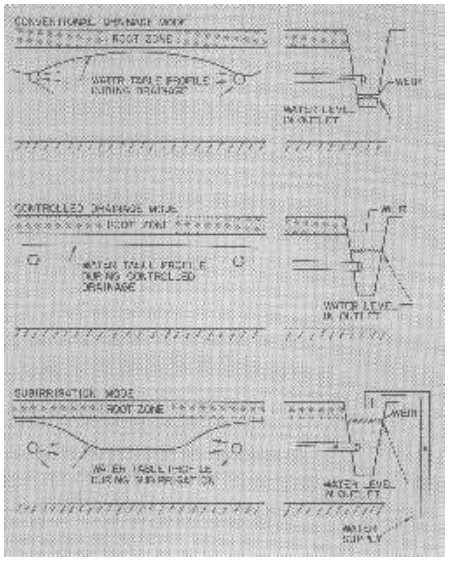
Operating Controlled Drainage and Subirrigation Systems
This publication summarizes design considerations, system operations and information on monitoring controlled drainage and subirrigation …
Economics of Controlled Drainage and Subirrigation Systems
Before installing a dual-purpose subsurface drainage and subirrigation system on your farm, have your site …
Neighbor Complaints: The Basics of North Carolina's Right to Farm and Bona Fide Farm Zoning
Though impossible to measure the incidence of neighbor complaints against farmers, North Carolina public policy …
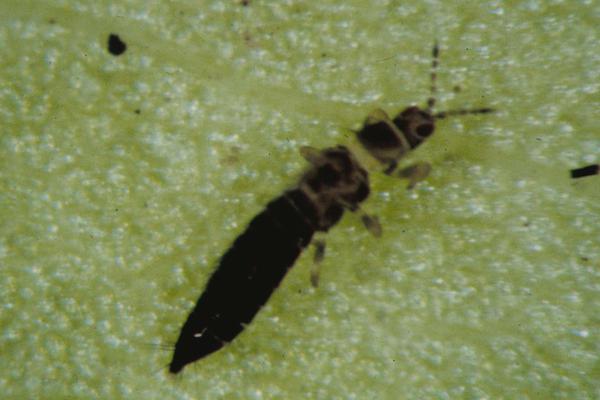
Thrips in Soybean
Tobacco thrips (Frankliniella fusca (Hinds)), Soybean thrips (Neohydatothrips variabilis (Beach)), Western flower thrips (Frankliniella occidentalis …
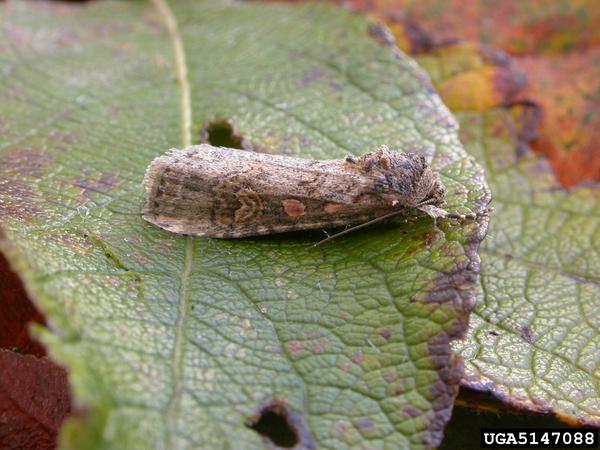
Armyworm Complex in Soybean
This soybean insect factsheet discusses the biology, identification, and control of armyworms in soybeans in …
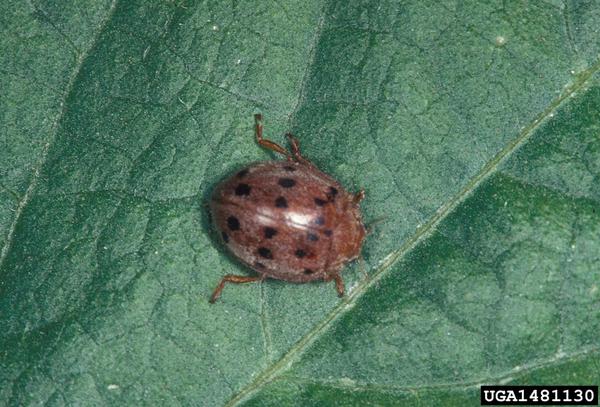
Mexican Bean Beetle in Soybean
This factsheet describes the biology, identification, and management of the Mexican bean beetle.
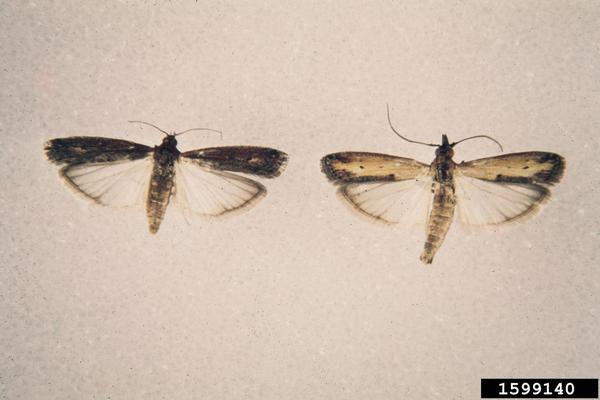
Lesser Cornstalk Borer in Soybean
Elasmopalpus lignosellus (Zeller). Family: Pyralidae. Order: Lepidoptera. …




